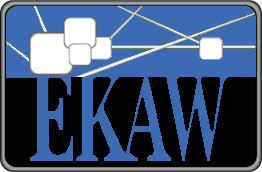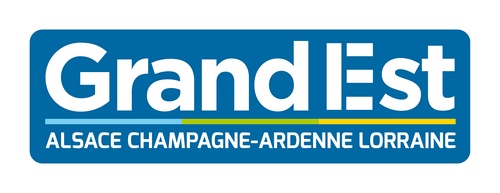Motivation
The linked data initiative promotes exposing, sharing and connecting structured data on the Web. Linked Data has brought a large amount of data in the form of RDF triples, described using terms of RDFS and OWL ontologies, with currently more than 149 billions of triples distributed over datasets from many different domains (media, life sciences, geography). This has attracted many organizational bodies that today publish and consume linked data, ranging from private companies, to public institutions like governments, national libraries or academic institutions.
An important added value of linked data comes from the links that identify the same entity in different datasets, which allows developing innovative applications exploiting data cross-references and making inferences between datasets. Therefore, the task of deciding whether two resources identified by two URIs and described in RDF over possibly different datasets refer to the same real-world entity is critical for widening and enhancing linked data. This task, that we refer to as data interlinking, is a knowledge discovery task as it infers knowledge —the condition for identity of objects— from large volume of data.
There are two main approaches to data-interlinking, respectively based on numerical and symbolic methodologies. Both approaches rely on the identification of the properties to compare. While numerical methods focus on similarity metrics used to compare property values, symbolic methods aim to extract rules and to employ logical reasoning to link instances belonging to different RDF datasets.
This workshop is organised in the framework of the AnR project ELKER and aims to gathering researchers interested in the topics of key discovery, link keys, rule discovery in RDF data, data-interlinking/key discovery with refinement operators, as well as software frameworks, evaluation, applications, case studies, etc. Even though rooted in symbolic frameworks, this workshop also aims at exploring the bridges between the symbolic and the numerical approaches, to work towards a common unifying framework.
Submissions
Contributions to the workshop can be made in terms of “statements of interest” (2 page long) addressing different issues of data-interlinking. All contributions should be prepared in PDF format and should be submitted through the workshop submission site at:
https://easychair.org/conferences/?conf=symbolicdiekaw2018
- Workshop day: 12 November 2018
Program
13h30-14h15: Konstantin Todorov: Building A Graph of Linked Musical Works
14h15-15h00: Jérôme Euzenat: Relational concept analysis for link key extraction
15h00-15h45: Pierre Monnin: Data-Interlinking: the Seed of Knowledge Reconciliation in Pharmacogenomics
15h45-16h00: Coffee break
16h00-17h30: Nathalie Pernelle, Joe Raad and Fatiha Saïs: Detection of Invalid Identity Links Statements in RDF Knowledge Graphs
Organisation
Organizing committee
- Miguel Couceiro, Université de Lorraine, Nancy, France
- Jérôme David, Université Pierre-Mendès-France, Grenoble, France
Program committee
- Adrien Coulet, University of Lorraine, Nancy, France
- Luis Galárraga, Inria, IRISA, Rennes, France
- Jorge Gracia, University of Zaragoza, Spain
- Nathalie Pernelle, Paris Sud University, France
- Fatiha Saïs, Paris Sud University, France
- Pavel Shvaiko, Informatica Trentina, Trento, Italy
- Konstantin Todorov, University of Montpellier, Montpellier, France
- Ondřej Zamazal, University of Economics, Prague, Czech Republic





